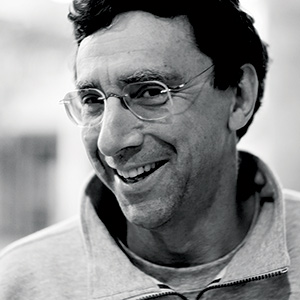

From the perspective of John Markoff, much of today’s debate on the future of technology can be traced to one fundamental question: Should machines replace humans or should they work with humans? According to Markoff, this dichotomy originally underlined two opposing methodologies in the field of artificial intelligence. Today, this question drives all major technological advances in, and philosophical inquiries into, AI.
In Markoff’s new book, Machines of Loving Grace: The Quest for Common Ground Between Humans and Robots, he grapples with the ways in which researchers, engineers and designers deal with this dichotomy. In trying to propose a middle path, Markoff goes all the way back to the beginning, before delving into specific examples of where he says the debate still requires further consideration. Ultimately, Markoff argues, the answers lie with the designers—that is, the human beings behind the self-driving cars, automated assembly lines, and the robotic legal assistants. Questions still need to be asked, writes Markoff.
Markoff began sowing the mental seeds that became Machines of Loving Grace while researching his previous book, What the Dormouse Said: How the Sixties Counterculture Shaped the Personal Computer Industry. In the ’60s, two opposing research methodologies were articulated in the realm of artificial intelligence. John McCarthy’s goal was to replace human intelligence with machine intelligence, while Doug Engelbart believed computers should augment or enhance human capability. As it happens, both of their research facilities were located just minutes from Kepler’s Books, where Markoff will speak about his new book this Thursday.
In Machines of Loving Grace, Markoff traces hidden threads of the complex embroidery that is Silicon Valley—illuminating unsung pioneers whose research anticipated the future of human-computer interaction long before it was everyday conversation. William Shockley, for example, wrote a memo in 1951, philosophizing about how robots could replace humans. In another scene, we experience post-Singularity, utopian futurist, Hans Moravec. Now a hermit living outside Pittsburgh, Moravec predicted a day when the machine intelligence would outpace human knowledge.
Over in Portola Valley, we learn about Sheldon Breiner’s work with magnetometers, which led to modern-day metal detector technology. Even Facebook’s Mark Zuckerberg shows up to speak at a normally bone-dry academic conference in a Lake Tahoe hotel. In the end, Markoff doesn’t take sides. Instead, he sets off passive alarms that the two camps need to stop arguing and work together, because, after all, it’s all about us—the humans.
John Markoff
Sep 17, 7:30pm, $10-$40


